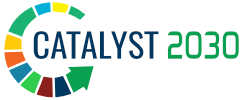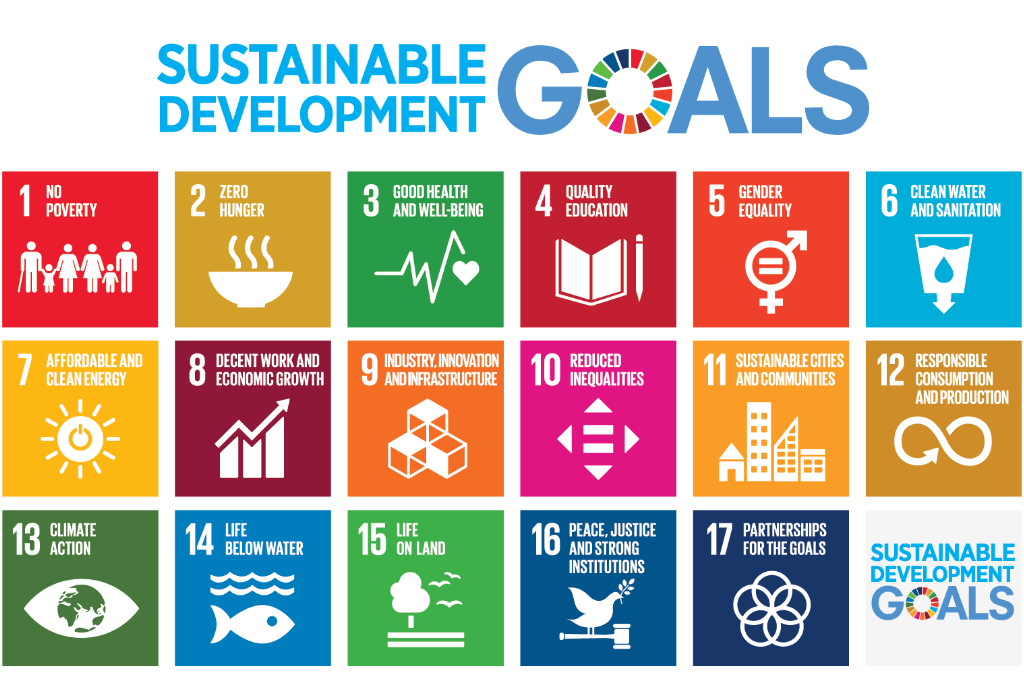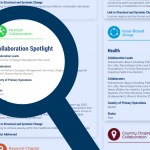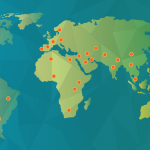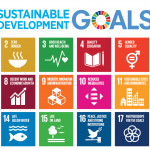The Sustainable Development Goals (SDGs), also known as the Global Goals, were adopted by the United Nations in September 2015 as a universal call to action to end poverty, protect the planet and ensure that by 2030 all people enjoy peace and prosperity. They were enacted as part of the 2030 Agenda for Sustainable Development.
The SDGs are intersectional. For example, they recognise that reducing the effects of climate change must go-in-hand with strategies that build economic growth and address a range of social needs including education, health, social protection, environmental protection and gender.
The 17 SDGs1 are as follows:
- End poverty in all its forms everywhere
- End hunger, achieve food security and improved nutrition and promote sustainable agriculture
- Ensure healthy lives and promote well-being for all at all ages
- Ensure inclusive and equitable quality education and promote lifelong learning opportunities for all
- Achieve gender equality and empower all women and girls
- Ensure access to water and sanitation for all
- Ensure access to affordable, reliable, sustainable and modern energy
- Promote inclusive and sustainable economic growth, employment and decent work for all
- Build resilient infrastructure, promote sustainable industrialization and foster innovation
- Reduce inequality within and among countries
- Make cities inclusive, safe, resilient and sustainable
- Ensure sustainable consumption and production patterns
- Take urgent action to combat climate change and its impacts
- Conserve and sustainably use the oceans, seas and marine resources
- Sustainably manage forests, combat desertification, halt and reverse land degradation, halt biodiversity loss
- Promote just, peaceful and inclusive societies
- Revitalize the global partnership for sustainable development
